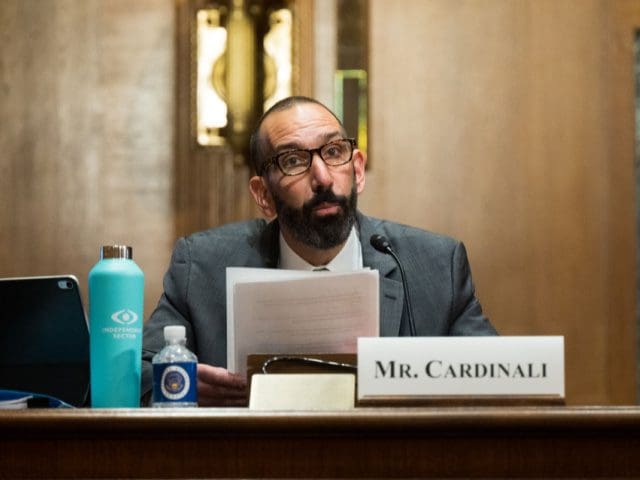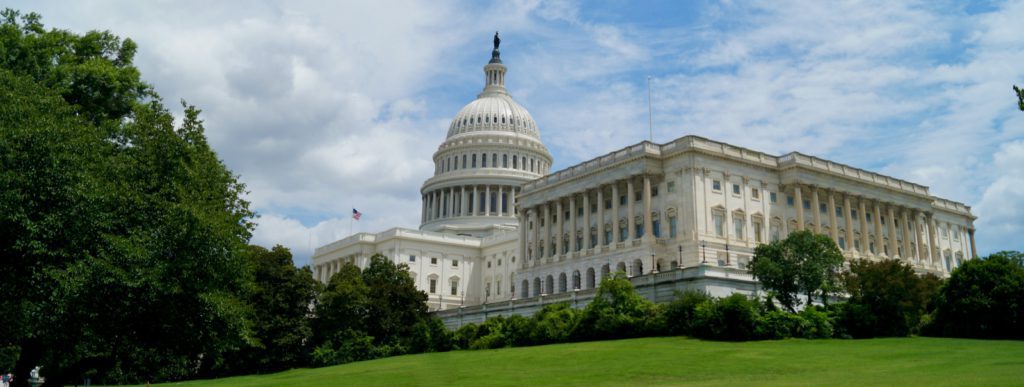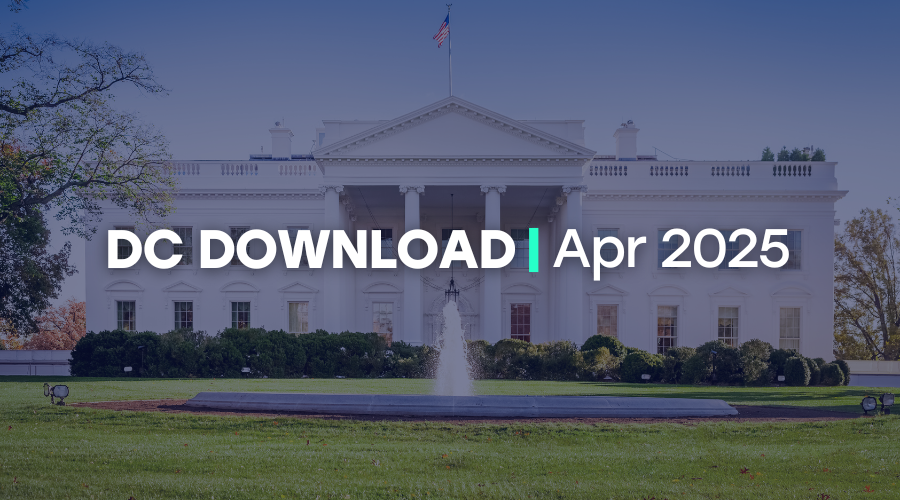In a rare hearing before the U.S. Senate Finance Committee about charitable giving and nonprofits, Independent Sector President and CEO Dan Cardinali made a strong case Thursday about “how Congress and the charitable sector can work together to strengthen civil society and help all people thrive.”

Independent Sector President and CEO Dan Cardinali testifies before the U.S. Senate Finance Committee about charitable giving and nonprofits on March 17, 2022.
Cardinali highlighted how 1.8 million nonprofits strengthen the country’s diverse communities, especially at a time when social service demand is high in the face of COVID-19 and global challenges.
He told senators that federal tax measures will help bolster the social sector in better serving people – including the restoration of the Employee Retention Tax Credit, which would benefit the nonprofit workforce, and passing the Legacy IRA Act so seniors can make charitable contributions through retirement accounts.
“The charitable sector is the foundation on which our democracy is built and continues to evolve. When this foundation is weak, so is our nation,” Cardinali said, adding at one point, that pending congressional legislation would give nonprofits a formal and better role in federal policymaking to serve people.
Joining Cardinali on the panel of social sector leaders were Susannah Morgan, CEO of the Oregon Food Bank, Una Osili, Efroymson, Chair in Philanthropy and Associate Dean for Research and International Programs at Indiana University’s Lilly Family School of Philanthropy, and C. Eugene Steuerle, Co-Founder of the Urban-Brookings Tax Policy Center and the Center on Nonprofits and Philanthropy at the Urban Institute.
Senate Finance Committee Chair Ron Wyden of Oregon opened the hearing, “Examining Charitable Giving and Trends in the Nonprofit Sector,” with remarks about the importance of the charitable tax deduction to giving. “The charitable tax deduction is a lifeline and not a loophole,” Wyden said.
Cardinali, the first panelist to testify in the 2.5-hour hearing, offered this reminder to senators about the nonprofit sector: “It is clear to me that despite the tectonic shifts we are living through, our nation’s charitable spirit is alive and well. It is also evident that spirit is not fully unleashed.”
Calling nonprofits and charities “the engine of our collective flourishing,” he added that the social sector is “the place where people come together to solve problems, a trusted partner for community and government leaders, and our economy’s third-largest employer.”
“Not immune to the ravages of domestic and global challenges”
Cardinali explained that the U.S. charitable sector also has 12 million professional staff and nearly 70 million volunteers. “Despite that strength, it is not immune to the ravages of domestic and global challenges,” he said.
The social sector, he added, still struggles in a full job recovery. During the worst period of the pandemic, the social sector lost more than 1.6 million jobs. A full nonprofit job recovery to the pre-pandemic level is not expected until later in 2022.
And while the sector lags well behind the for-profit recovery – down almost half a million employees – at the same time, nonprofit “organizations have had to adapt to new operational challenges and face increased demand for services.”
While Congress created a temporary charitable deduction for nonitemizers in 2020 but allowed it to expire at the end of last year, Cardinali reminded the committee about its benefits: “Every day that this lifeline remains expired is a blow to our charitable recovery and a missed opportunity for those in need.”
How Congress Can Help the Charitable Sector
In addition to telling committee members that “restoring and expanding the nonitemizer charitable deduction is essential to generating giving on the scale our nation needs,” he encouraged committee members, both in his oral and written testimony, to take action on these policy priorities:
- Restoring the Employee Retention Tax Credit as critical to helping nonprofits keep people employed and serving their community;
- Passing the Legacy IRA Act, which would expand the opportunity for seniors to make contributions to charity through their retirement account;
- Increasing the charitable mileage rate to be on pare with the business rate, at least temporarily, which can bolster our diminished volunteer force; and
- Furthering a set of policy solutions that are needed to strengthen the partnership between the nonprofit sector and the federal government as a whole, a set of solutions known as the “Seat at the Table” initiative.
Wyden, at one point during the hearing, remarked what many in the nation know and think about the nonprofit sector and the importance of charitable giving to helping communities.
“It lifts the spirits,” he said.
Nonprofit leaders and the public can visit Independent Sector’s action center to take steps to support these efforts and contact their policymakers in Congress about them. Also, read the full written testimony that Dan Cardinali, President and CEO of Independent Sector, submitted to the Senate Finance Committee about charitable giving and nonprofits.



